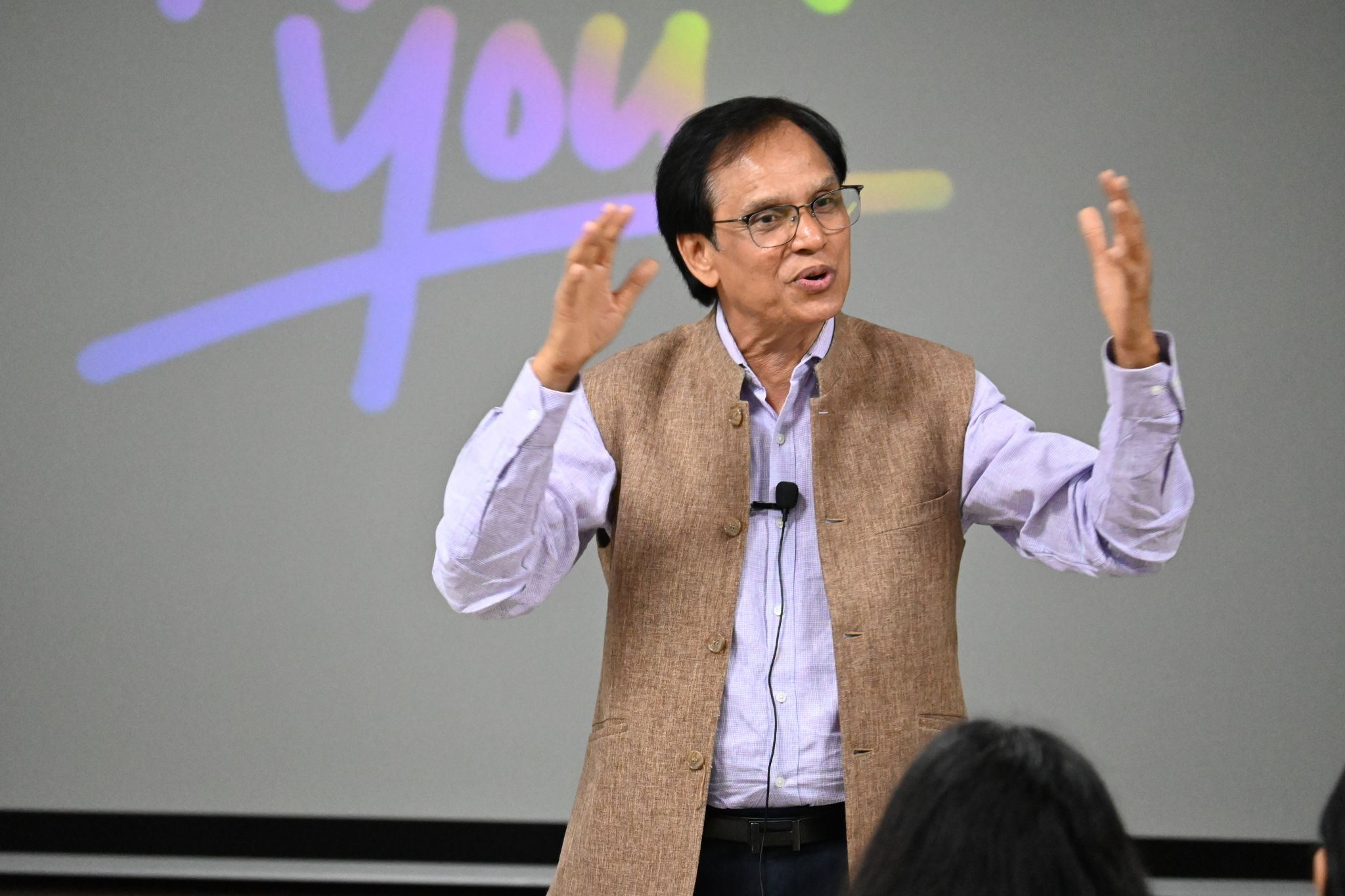Request for callback
By

.png)
On October 1, 2024, the Central Board of Direct Taxes (CBDT) issued Circular No. 11/2024, outlining comprehensive guidelines for the condonation of delays in filing income tax returns claiming refunds and for carrying forward losses under section 119(2)(b) of the Income-tax Act, 1961. This circular supersedes all previous instructions, providing clarity on the procedures and authority limits for accepting or rejecting such claims.
Key Highlights of the Circular
Delegation of Powers
Authority Levels:
- Principal Commissioners of Income-tax or Commissioner Income-tax can accept or reject applications/claims, if the amount of such claim is not more than ₹1 crore for any one assessment year.
- Chief Commissioners of Income-tax (CCsIT) have the authority for acceptance or rejection of applications/claims, if the amount of such claim is exceeding ₹1 crore but not exceeding ₹3 crores for any one assessment year.
- Principal Chief Commissioners of Income-tax (Pr. CCsIT) are authorized to handle such claims exceeding ₹3 crores.
Central Processing Centre:
- The Commissioner of Income-tax, Central Processing Centre (CPC), Bengaluru has been vested with the power of acceptance or rejection of applications/claims in respect of condonation of delay in verifying Income-tax Return by sending ITR-V to CPC within prescribed time limit.
Time Limits and Application Processing:
- Applications for condonation of delay must be submitted within five years from the end of the assessment year for which the claim is made. This provision is effective for applications filed on or after October 1, 2024.
- If a refund arises from a court order, the time spent in litigation will not count against the five-year limit, provided the condonation application is submitted within six months following the month in which order is issued by the Court or the end of the financial year, whichever is later.
- Authorities are required to dispose of these applications, as far as possible, within six months from the end of the month in which the application is received.
Conditions for Condonation:
To ensure fairness and genuine hardship cases are addressed, the following conditions apply:
- Applicants must demonstrate that they were prevented from filing their returns on time due to a reasonable cause, indicating genuine hardship.
- The income is not assessable in another personsl's hands.
- No interest will be payable.
- Refund must have been arisen from excess TDS, TCS, advance-tax or self-assessment tax.
Supplementary Claims:
Subject to the monetary limit discussed above, an applications for supplementary claim of refund ( claim of additional refund after completion of assessment for the same year) can also be considered for condonation of delay.
Conducting Enquiry:
Authorities may direct the jurisdictional Assessing Officer to conduct necessary inquiries to ensure that applications are processed based on merit.
Ongoing Applications:
The powers delegated in this circular also apply to all pending applications for condonation of delay as of October 1, 2024, ensuring a streamlined process for unresolved claims.
Grievance Redressal:
The CBDT reserves the right to examine grievances arising from orders made by the authorities and can issue further directions for proper implementation of the circular.
Conclusion:
The issuance of Circular No. 11/2024 marks a significant step toward enhancing taxpayer support regarding claims for refunds and loss carry forwards. By clearly delineating the powers of various tax authorities and establishing straightforward guidelines for the condonation of delays, the CBDT aims to facilitate a more efficient and just tax administration process.
Prosperr.io is a simple platform to manage your personal income tax. It helps you save and automates tax tasks. It gives you the knowledge to make smart financial choices, keeping your money where it belongs. Click here to book your FREE tax assessment call
Disclaimer:
The information provided in this article is for general informational purposes only and does not constitute legal, tax, or professional advice. Readers are advised to consult with a qualified tax advisor or legal professional for specific advice tailored to their individual circumstances, particularly regarding reassessment proceedings and claiming refunds. The author and publisher are not responsible for any errors or omissions, or for any actions taken based on the content of this article.


.png)
.png)
.png)


